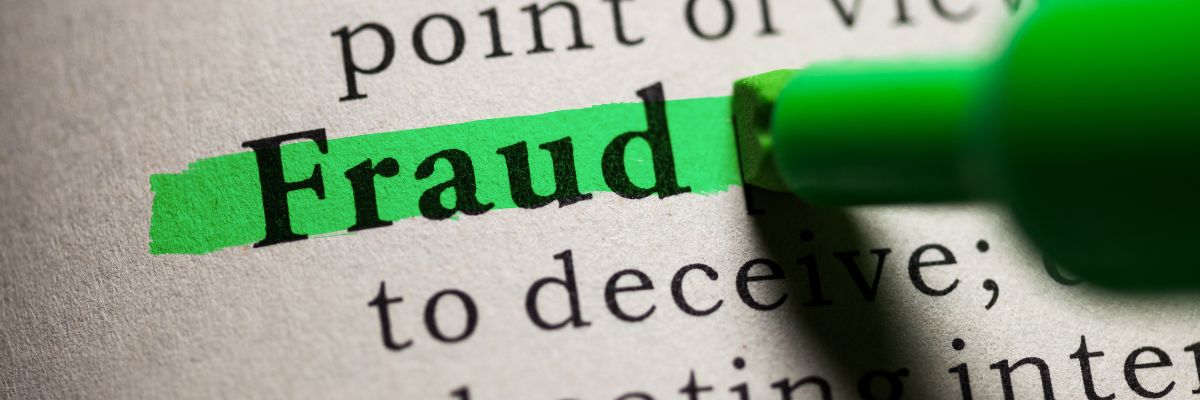Student Loans
Great Lakes Credit Union has everything you need to help manage your money and plan for the future.

Money SmartsSecurityJune 6, 2023
Mobile and online banking has made handling your finances more convenient than ever. You can check your account balance while sitting in line at the grocery store, send a payment before you even get up from the table, and transfer money across accounts during the opening credits of your favorite show.
What's not convenient is opening your banking app and seeing a message that your account was hacked. You can take some simple yet effective steps to protect your bank account from hackers and fraud, such as using strong passwords, two-factor authentication, and avoiding phishing scams. Here, we'll delve into eight practical tips on how to protect your bank account from hackers and ensure that your hard-earned money is safeguarded.
Regularly monitoring your bank account is a critical first step in defending against fraud. With online banking, it's easy to check your transaction history and promptly identify and report any suspicious activity to your bank. Look out for small, unauthorized transactions, as fraudsters often make minor withdrawals or purchases first to test the waters.
Using strong and unique passwords is essential to protect bank accounts from hackers. Using uppercase and lowercase letters, numbers, and special characters can significantly enhance the security of your online banking account. Avoid using easily guessable information like your birth date, name, or common words. Also, remember to change your password periodically.
Two-factor authentication may feel inconvenient, but it adds an extra layer of security to your account. If you need help setting up two-factor authentication on your accounts, reach out to a member specialist or search for an FAQ on the service's website. Most banks offer this service, and it's a crucial feature for bank account fraud protection.
Phishing is a common technique that fraudsters use to trick you into providing your banking details. Be wary of emails that appear to be from your bank but ask for sensitive information. Banks will never request your password or PIN through an email. Also, avoid clicking on links in these suspicious emails, as they can lead you to fraudulent websites.
Ensure that your computer, mobile device, and applications are up-to-date. Regularly update your mobile apps, browser software, and computer operating system to protect against the latest threats. Installing a reliable security software solution to guard against malware and other potential threats is also advisable.
Public Wi-Fi networks are often unsecured, making them a favorite hunting ground for hackers. If you're wondering how to protect your bank account from fraud, avoid using public Wi-Fi for banking transactions. Instead, use a secured and private network. Virtual Private Networks (VPNs) provide a secure solution for those using a public network.
Many banks, including Bank of America, offer checking account fraud protection services such as automatic alerts for certain types of transactions. These can include international transactions, online and phone purchases, or cash withdrawals over a specified amount. Signing up for these alerts can help you quickly spot any irregularities and report them to your bank.
Regularly reviewing your credit report can help detect any fraudulent activities. Make a note of any transactions, accounts, or activity you don't recognize; it could be a sign of identity theft. Many banks offer free credit reports and tracking on mobile and online banking platforms. You may also request a free annual credit report from the major credit reporting agencies in the U.S.
Understanding how to protect your bank account from hackers and fraudsters is crucial in the digital age. This list of tips to protect your bank account from hackers and fraud isn't exhaustive, but it's a good start. Even if you only follow a few of these suggestions, you can improve the security of your financial information and gain some peace of mind.